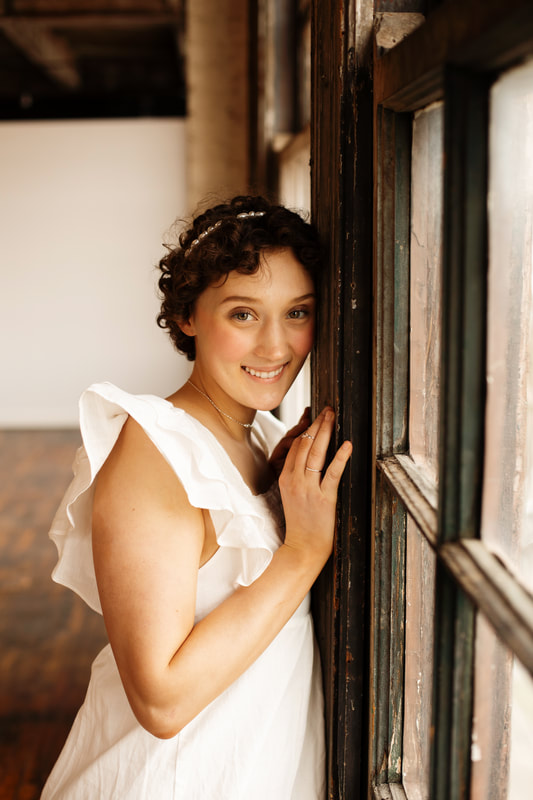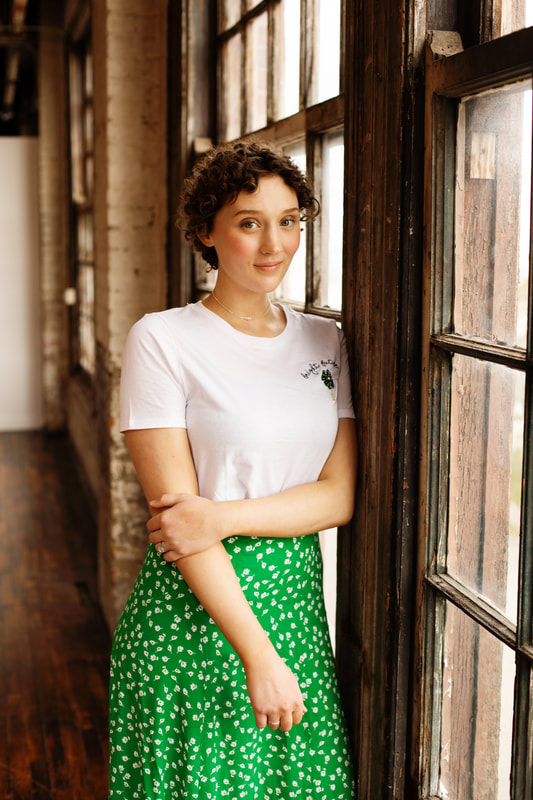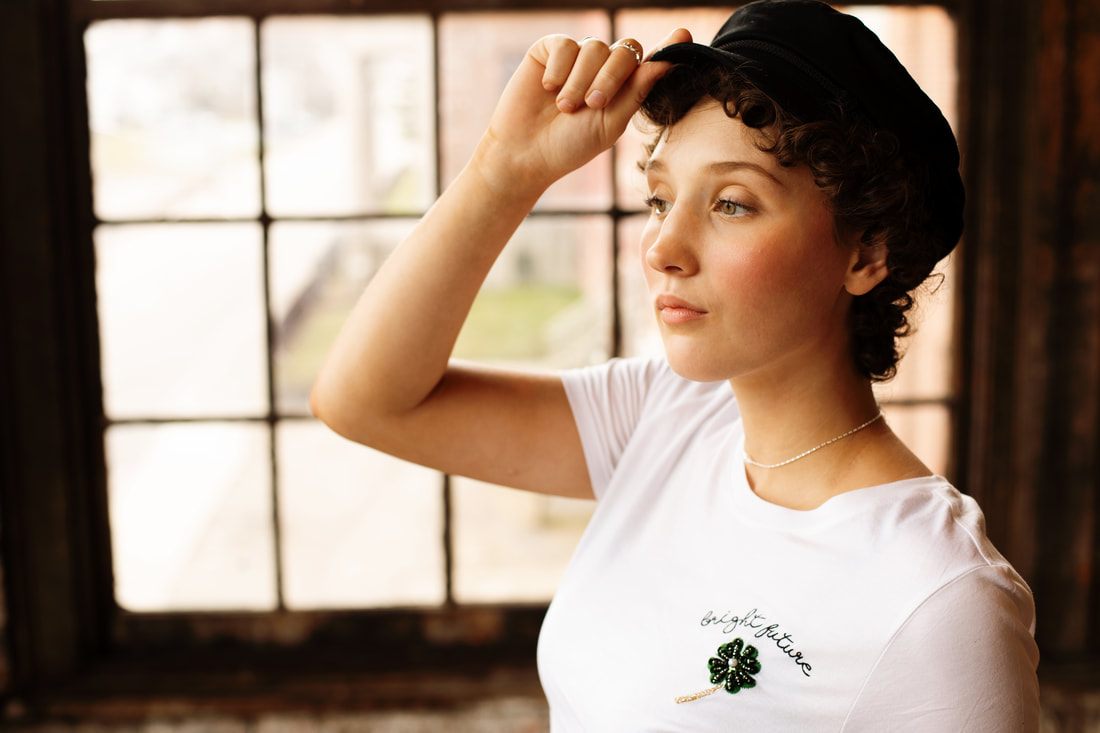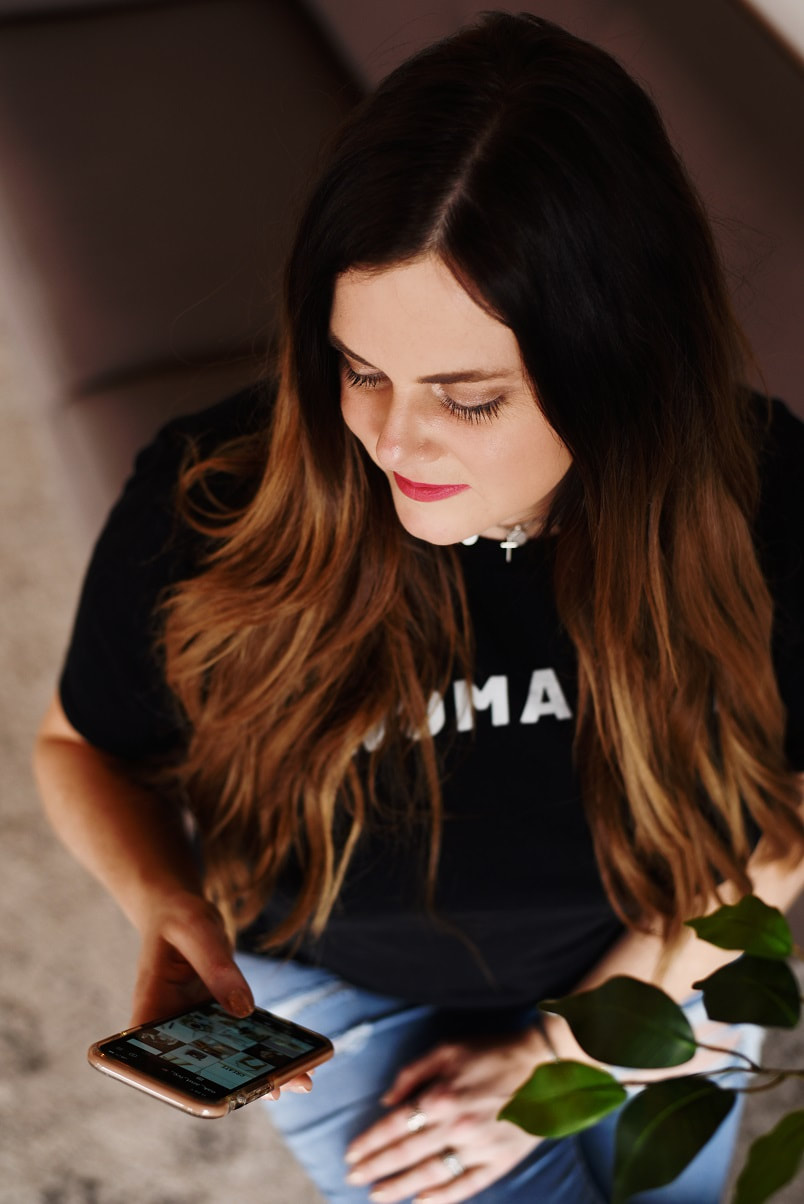|
Guest Blog Written by Mariah McIntyre / Photography by Elisabeth Ashliegh Photography Over two instances of fighting cancer in my twenty one years, I’ve learned a lot about my own personal trauma that’s stemmed from these challenging situations. Chemo is no joke, and after round two of fighting against this disease, I’d say it’s left me with more physical and emotional scars than my first go around. This isn’t to say that I haven’t gained strength and endurance for the things that we never expect life to throw at us; relapse for me was a reminder that as humans, we're never too good to be thrown into the wringer for a second time. It’s shown me that there’s always more to learn from a hard situation- always a new view point that can be taken on as the tables are slightly turned. In fact, I like to say that as time passes, the more I can personally see all the wisdom I’ve gained in a clearer light. It’s wisdom you have to work for, cry for, and mentally exhaust yourself for. But in the end, your armor is stronger and brighter, making the chinks in the metal that much less visible. One of the biggest wisdom's I’ve learned from my relapse with cancer- and one that I was only dipping my toes into as a fourteen year old fighting the disease- is that trauma is both connective and isolating, all wrapped into one very complicated package. Let me elaborate on that thought:
The widowed parent is relearning everyday life without their other half there; relearning holidays and anniversaries that will never quite feel the same. Yet there’s a sense that these three people are struggling, growing, and surviving as one.
Trauma Doesn’t End After The Initial Traumatic Incident. The way I often like to convey this idea is to put it into perspective using a situation that many have been blessed to go through: Having a baby. The birth of a child is the gateway into a brand new chapter in the lives of a family. If it’s their first, they're learning how to be a new parent which includes the in’s and out’s of 24/7 child care. If it’s their second addition to the family, it’s learning how to navigate the care of two tiny humans instead of one. Each addition is a whole new ball game with its own challenges to be faced. That first month after a child is born can be filled with visitors, family members staying over to help with the transition, gifts, and meals being delivered to the new parent’s home. It’s a challenging and amazing introduction of new life, all guided by friends and family easing you into parenthood. But oftentimes, once that excitement has died down, you’re left navigating the transition period of raising a baby on your own. Things aren’t any easier then what they were in that first month- in fact, sometimes they can get harder as new challenges present themselves. Yet the visits are less frequent along with the texts asking how things are going, and the help that was there in the very beginning slowly becomes nowhere to be found. This same concept can be applied to the cancer patient, the gun violence survivor, and the widowed parent. Once those first few months of initial shock, pain, and grief wear off for everyone else, it's all still there aching inside of the people who are navigating their trauma. In my own words, this process can be described as living in a bubble filled with constant noise. Once the initial trauma came to an end, that being the end of treatment for myself, the bubble pops, and the silence screams in both of my ears. The “How are you doing’s?” become much less, the social media encouragement fades away, and you get the sense that the whole world is ready for you to move on. This isn’t being said to shame people for getting on with their everyday lives, or trying to put out an expectation that people should forever be coddling those who have sustained trauma. It’s a PSA that we’re still here, and we’re still going through it long after the world has deemed that we should be fine. As someone who has always made it a point to learn from my trials and to move past them as soon as I feel I’m ready, I’ve always had a particularly hard time navigating my way through the ‘silence’ stage of my journey. The words and encouragement of others do not define me and they don’t make me who I am. But as I’ve struggled through the after effects of treating cancer that still present themselves to me on a daily basis, I find it a great deal more lonely and challenging then when I was in the thick of chemo. This leads me to suggest small ways that you can be there for someone who has endured trauma in their life.
Featured Gallery:
Mariah McIntyre at Something Old, Dayton, Ohio Photography: Elisabeth Ashliegh / Elisabeth Ashliegh Photography Guest Blog Beautifully Written by Mariah McIntyre
3 Comments
Marta rothstein
3/22/2020 07:49:24 am
Dear Elisabeth-you so accurately expressed what it feels like to live through trauma. For me divorce crushed me, I survived .... barely, and emotionally never the same. Many of us carry deep emotional pain, I have watched my children grow up without a father and it hurt ... they survived ..... my daughter divorced and I feel her pain ... heartbreaking. So we get up each day, suck it up , live each day trying not to suck drama into our fragile psyche. Like walking in eggs.
Reply
Sonja Petry
3/22/2020 09:49:41 am
Though you been through many trials, your always Beatiful!!!😇
Reply
Leave a Reply. |
Hello There.
I am Elisabeth. |









